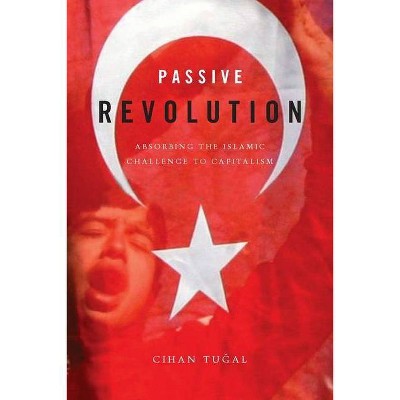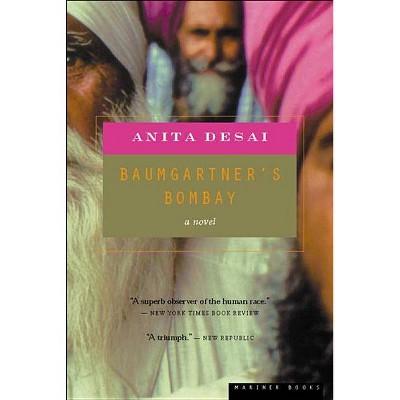Building Blocs - by Cedric de Leon & Manali Desai & Cihan Tuğ & al (Paperback)

Similar Products
Products of same category from the store
AllProduct info
<p/><br></br><p><b> About the Book </b></p></br></br>Going against the prevailing notion that political parties mirror divisions in society, <i>Building Blocs</i> argues that some parties actively structure those divisions. Using international case studies and Gramscian social theory, this volume demonstrates that political articulation is not the work of ambitious politicians or of the state, but primarily of parties. With one foot in society they also control the system of nominations, appointments, and elections--and as a consequence, the resources of state power.<p/><br></br><p><b> Book Synopsis </b></p></br></br>Going against the prevailing notion that political parties mirror divisions in society, <i>Building Blocs</i> argues that some parties actively structure those divisions. Using international case studies and Gramscian social theory, this volume demonstrates that political articulation is not the work of ambitious politicians or of the state, but primarily of parties. With one foot in society they also control the system of nominations, appointments, and elections-and as a consequence, the resources of state power.<p/><br></br><p><b> Review Quotes </b></p></br></br><br><i>Building Blocs</i> breaks new ground in our understanding of political parties. The original studies assembled in this volume demonstrate that parties are not only an important part of the political landscape but are also--more provocatively--vital sources for its transformation. This is a must read for students of politics.--Howard Kimeldorf, Professor of Sociology "University of Michigan"<br><br><i>Building Blocs</i> is a powerful counter to sociological arguments that present politics as a reflection of social ties and identities. Parties, in this analysis, actively articulate identities, cleavages, and interests that sustain and are sustained by the governments they make. Ranging across continents and centuries, addressing cases of both successful and failed articulation, the chapters underscore the importance of parties in structuring the relationships between states and civil society. With this tightly-integrated volume, de Leon, Desai and Tuğal establish a compelling agenda for political sociology.--Elisabeth S. Clemens "University of Chicago"<br><br><i>Building Blocs</i> offers a thought-provoking and creative sociological rethinking of the role of political parties not just in politics but in society. The volume will be a useful addition for scholars of parties, identity, and mobilization and is appropriate for upper-level undergraduate or graduate courses on these issues. Moreover, the framework presented will help to spur and structure a continuing neo-Gramscian agenda in the social sciences, of exploring the nature of hegemony and the interplay of civil and political society in a comparative perspective.--Meredith L. Weiss "<i>American Journal of Sociology</i>"<br><br>This brief but important edited volume introduces a new perspective in the study of political parties . . . The innovative and refreshing approach makes this book highly recommended for students of political parties in both established and developing democracies.--H. Shambayati "<i>CHOICE</i>"<br><br>This is the rare edited volume that presents itself as a manifesto for a new school of thought. The combination of an agenda-setting statement with empirical case studies allows the book to make an effective and forceful case for the political articulation approach.--Isaac William Martin, Professor of Sociology "University of California - San Diego"<br><p/><br></br><p><b> About the Author </b></p></br></br><b>Cihan Tuğal</b> is Associate Professor of Sociology at University of California, Berkeley, and author of <i>Passive Revolution: Absorbing the Islamic Challenge to Capitalism</i> (SUP, 2009). <b>Manali Desai</b> is Lecturer in Sociology at the University of Cambridge and author of <i>State Formation and Radical Democracy in India, 1860-1990</i>. <b>Cedric de Leon</b> is Associate Professor of Sociology at Providence College and author of <i>Party and Society: Reconstructing a Sociology of Democratic Party Politics</i> (2014) and <i>Origins of the Right to Work: Anti-Labor Democracy in Nineteenth Century Chicago</i> (forthcoming).
Price History
Price Archive shows prices from various stores, lets you see history and find the cheapest. There is no actual sale on the website. For all support, inquiry and suggestion messagescommunication@pricearchive.us




















